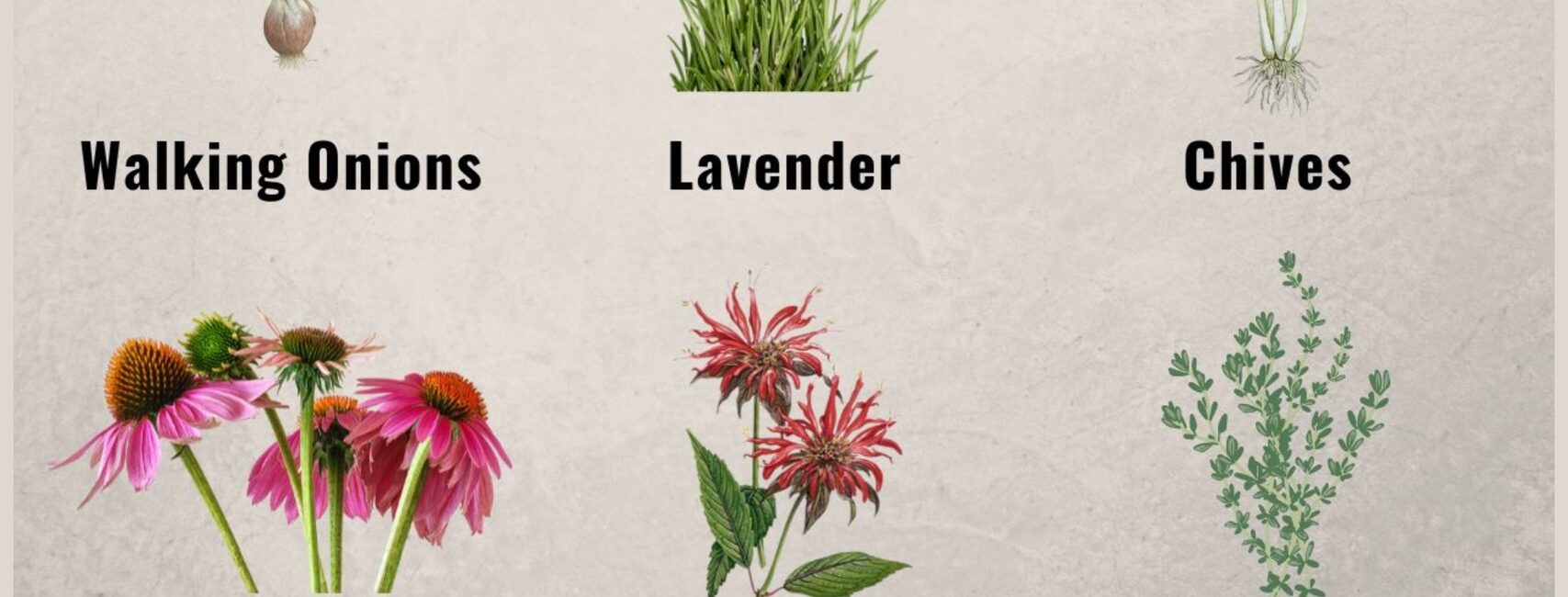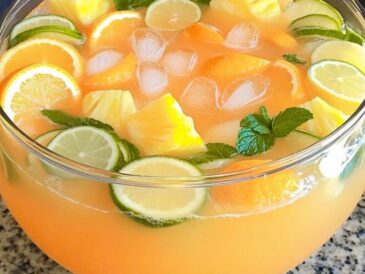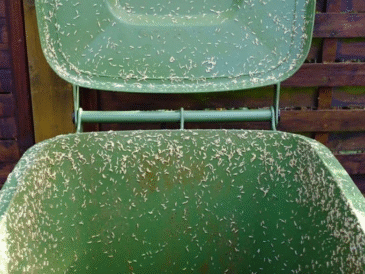- Pollinator Attraction: Flowers are rich in nectar, attracting bees and butterflies.
- Medicinal Uses: Traditionally used to support immune health.
- Low Maintenance: Thrives with minimal care once established.
5. Black-Eyed Susan: Cheerful Blooms with Natural Spread
Scientific Name: Rudbeckia hirta
Black-eyed Susan is a bright, daisy-like flower that adds a pop of color to gardens and naturalizes easily.
Growing Tips:
- Planting: Sow seeds directly in the garden or start indoors. Prefers full sun and well-drained soil.
- Care: Water regularly, especially during dry periods. Deadhead to promote continuous blooming.
- Propagation: Can be propagated by seed, division, or stem cuttings.
Benefits:
- Pollinator-Friendly: Attracts bees and butterflies.
- Self-Seeding: Naturally reseeds, ensuring annual returns.
- Drought-Tolerant: Once established, requires minimal watering.
6. Bee Balm: Vibrant Flowers for Pollinator Patches
Scientific Name: Monarda didyma
Bee balm is a perennial herb known for its vibrant red, pink, or purple flowers and aromatic foliage.
Growing Tips:
- Planting: Prefers moist, well-drained soil in partial to full sun.
- Care: Water regularly to keep soil consistently moist. Prune to maintain shape and encourage new growth.
- Propagation: Can be propagated by division or stem cuttings.
Benefits:
- Pollinator Attraction: Flowers attract bees, butterflies, and hummingbirds.
- Aromatic Foliage: Leaves have a minty aroma and can be used in teas.
- Disease Resistance: Resistant to deer and rabbits.
7. Thyme: Hardy Herb for Culinary and Ornamental Use
Scientific Name: Thymus vulgaris
Thyme is a versatile herb used in cooking and as a ground cover in gardens.
Growing Tips:
- Planting: Prefers full sun and well-drained soil. Space plants to allow for air circulation.
- Care: Water sparingly; thyme is drought-tolerant once established. Trim back after flowering to maintain shape.
- Propagation: Can be propagated by stem cuttings or division.
Benefits:
- Culinary Use: Adds flavor to a variety of dishes.
- Pollinator-Friendly: Flowers attract bees and butterflies.
- Low Maintenance: Requires little care once established.
8. Asparagus: Long-Term Investment for Gardeners
Scientific Name: Asparagus officinalis
Asparagus is a perennial vegetable that, once established, provides annual harvests for many years.
Growing Tips:
- Planting: Plant crowns in early spring in a sunny, well-drained location.
- Care: Water regularly and mulch to retain moisture. Avoid harvesting in the first two years to allow plants to establish.
- Harvesting: Begin harvesting in the third year, cutting spears when they reach 6-8 inches in height.
Benefits:
- Long-Term Harvests: Produces for 20+ years once established.
- Nutrient-Rich: High in vitamins and minerals.
- Low Maintenance: Requires minimal care once established.
9. Rhubarb: Perennial Vegetable for Sweet Treats
Scientific Name: Rheum rhabarbarum
Rhubarb is a perennial vegetable known for its tart, edible stalks used in pies and jams.
Growing Tips:
- Planting: Plant crowns in early spring in a sunny, well-drained location.
- Care: Water regularly and mulch to retain moisture. Remove flower stalks to prevent energy diversion.
- Harvesting: Harvest stalks in the second year, ensuring to leave at least one-third of the plant intact.
Benefits:
- Edible Stalks: Used in a variety of culinary applications.
- Perennial Growth: Returns year after year with minimal care.
- Cold-Hardy: Thrives in cooler climates.
Conclusion
Incorporating these nine low-maintenance perennials into your garden not only reduces the time and effort spent on upkeep but also supports local wildlife by providing habitat and food sources for pollinators and beneficial insects. By choosing plants that thrive with minimal intervention, gardeners can enjoy a beautiful, sustainable landscape year after year.




